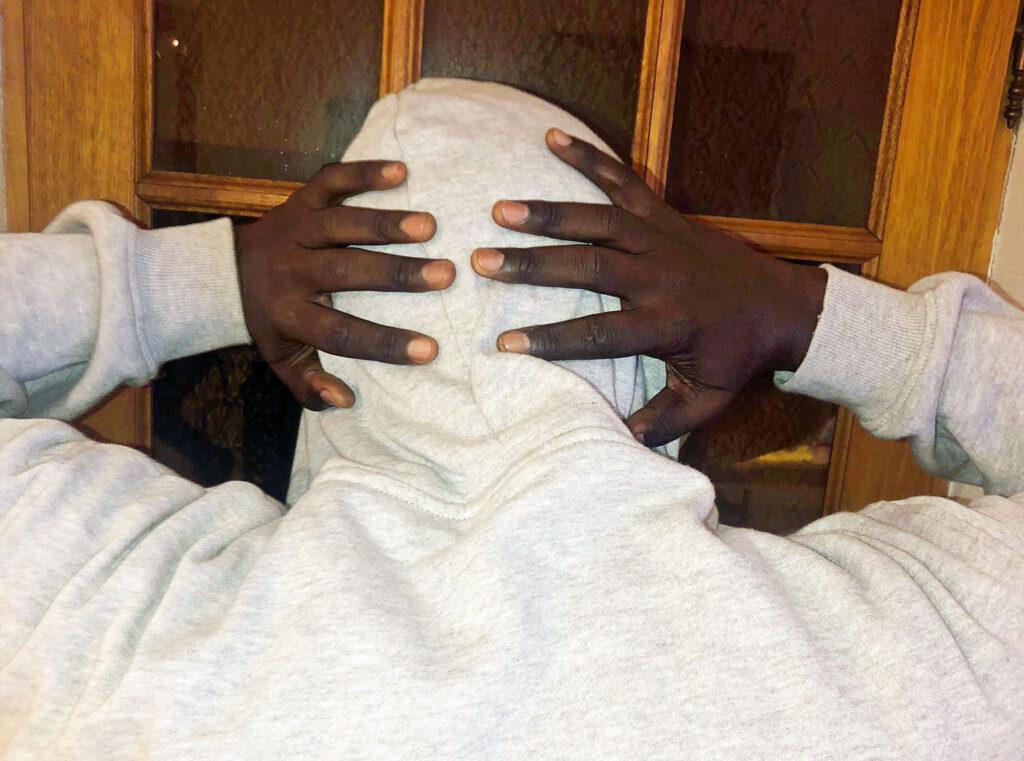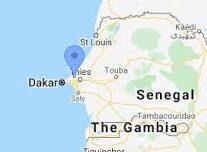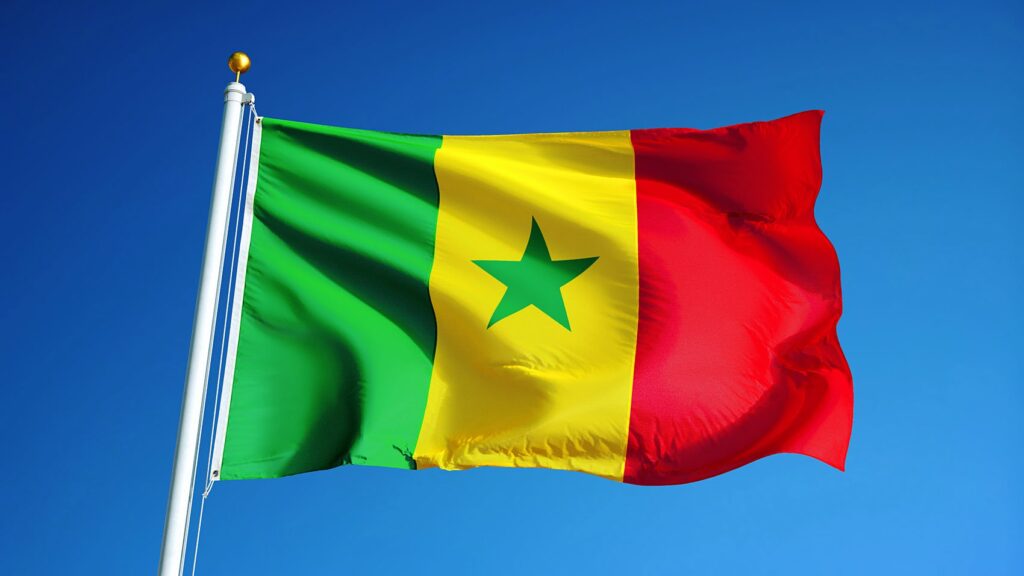I, Issa, transgender person from Senegal
Colin Stewart is a 45-year journalism veteran living in Southern…
Transgender Senegalese stylist Issa Diatta tells about his struggle to live true to his gender identity, first in Senegal and now while adjusting to his new life as a refugee in France.

By Moïse Manoël-Florisse

At 44 years old, Issa Diatta (pseudonym) fled to France in order to assume his true trans identity, which was impossible at home in the Thiès region of Senegal. As a prominent activist for the rights of LGBTI+ people and a successful stylist, Diatta regrets that he had to flee because of the rampant homophobia and transphobia in Senegal.
Tell us about your trans identity in Senegal.
I am male, but at times I feel like a woman, especially when I am in the company of masculine men. In the West, we use the term “gender-fluid” and it is this qualifier that best fits my gender identity. Nevertheless, in my daily life in Senegal, I was indeed the object of homophobia because my gender expression is typically masculine. In any case, in the Senegalese context, it is impossible to wear a dress when you are male. That’s why it wasn’t until I was 25 that I realized I was transgender and not gay. After that, I always kept my trans identity to myself, so as not to expose myself to attempts at exorcism. In the West, this is called conversion therapy.
What made you leave Senegal?

Given the situation of my country at the moment, as soon as I had an opportunity to leave, I left, because Islamism is beginning to plague the Senegalese society, in particular under the leadership of [anti-LGBT Islamist political organization] And Samm Djikko Yi. I am a stylist by trade and my collections are very famous, but even my livelihood did not allow me to live in peace because of the cancellation of some shows. In Senegal, the whole culture and fashion sector is in the sights of certain leagues of virtue.
For example, in Senegal, when people saw my nephews and nieces well dressed, people said that it was because their uncle is a goordjiguen (“faggot” in Wolof) and that he has money by having sexual relations with rich men. More generally, there was jealousy about my success, and it was attributed to my alleged membership in Masonic or homosexual lobbies. In recent months, the pressure from [Islamist advocacy group] Jamra became more pressing and the list of customers who cancelled the purchase of tunics from my workshop grew longer.
How do you analyze the rise of this LGBTphobia in Senegal?
Jamra and And Samm Djikko Yi track us and know the history of organizations working for LGBTI+ people in Senegal, because in 2008, we made the mistake of involving marabouts [Islamic religious teachers and leaders] with our actions in the fight against HIV for vulnerable people. Today, the same people who were invited and who used to sit next to us are the ones who hate and persecute us. We naively thought that we could count on their understanding and influence in order to reduce some of the stigmas that hinder the fight against HIV, but we were wrong. We are paying a heavy price for it.
How do you see your future today?
I feel safe in Europe. I entered France after a detour through Spain. My first administrative appointment [as a refugee] will be soon. I’m still in contact with my relatives who are relieved to see that I’m safe and sound. At the same time, they are equally relieved by my absence because of the weight of the social gaze and the judgments of peers in the community from which I come.
Now, I want to get some stability after a few months of turmoil in Senegal related to homophobia and Islamist radicalization. On my own, I would like to be able to do the same job here as I did in Senegal, which is to be a stylist. At the same time, I fear that this would keep me in a certain nostalgia. So, if I can find something else to do as a job, why not?
Sometimes I feel somewhat guilty for leaving, as do other LGBTI+ leaders in my country. However, the search for a safe and secure haven is a necessary and universal need.




